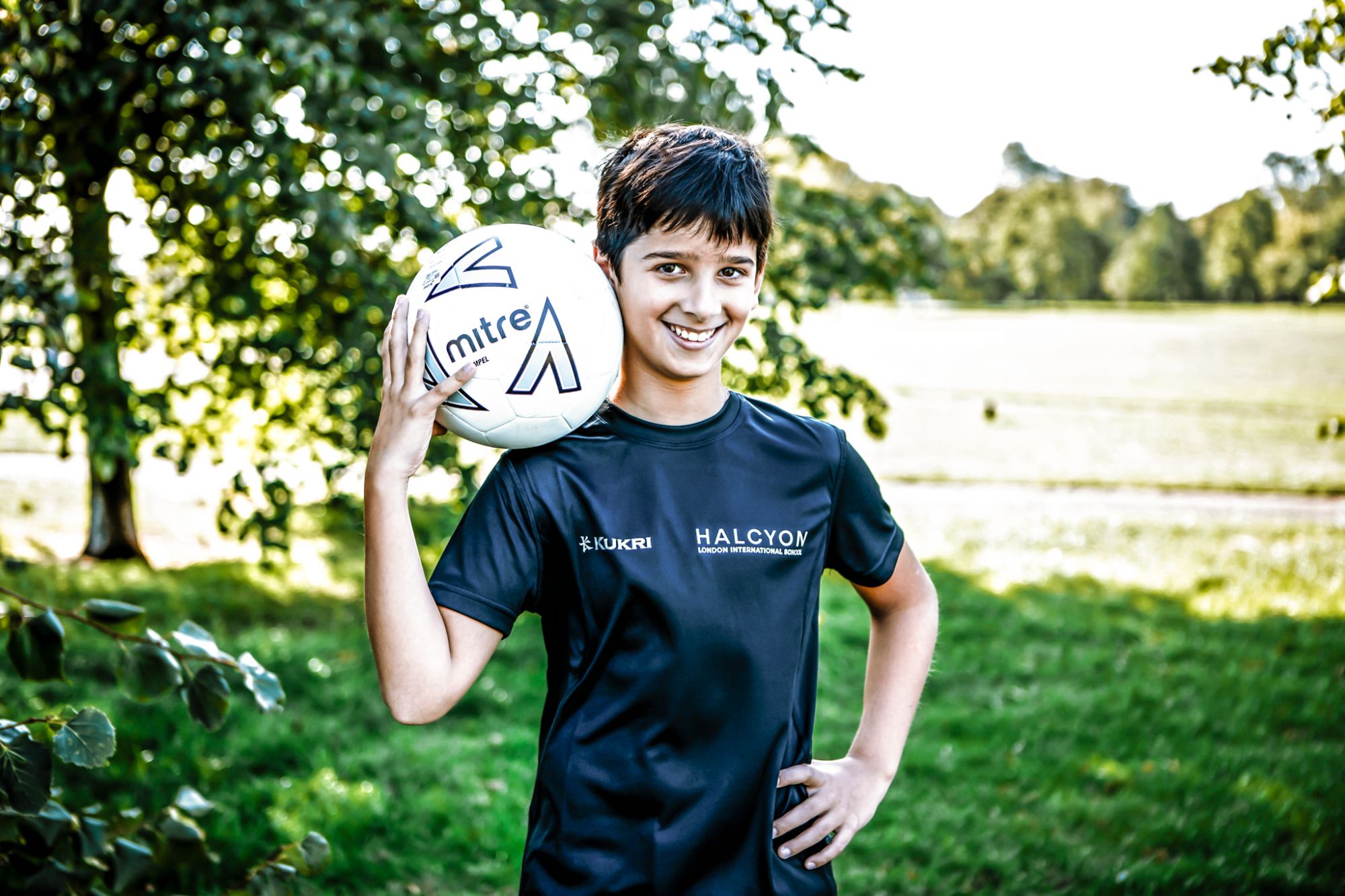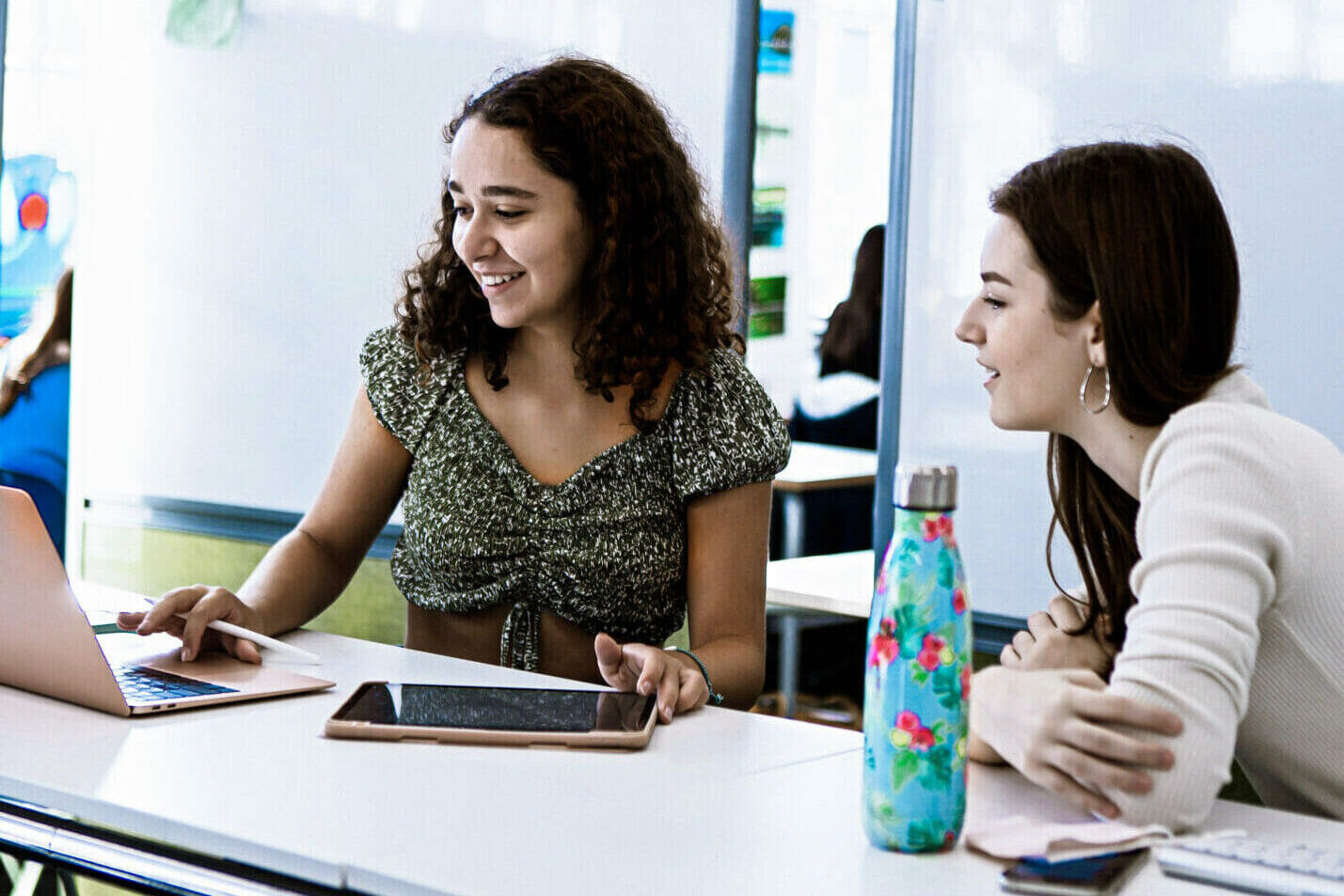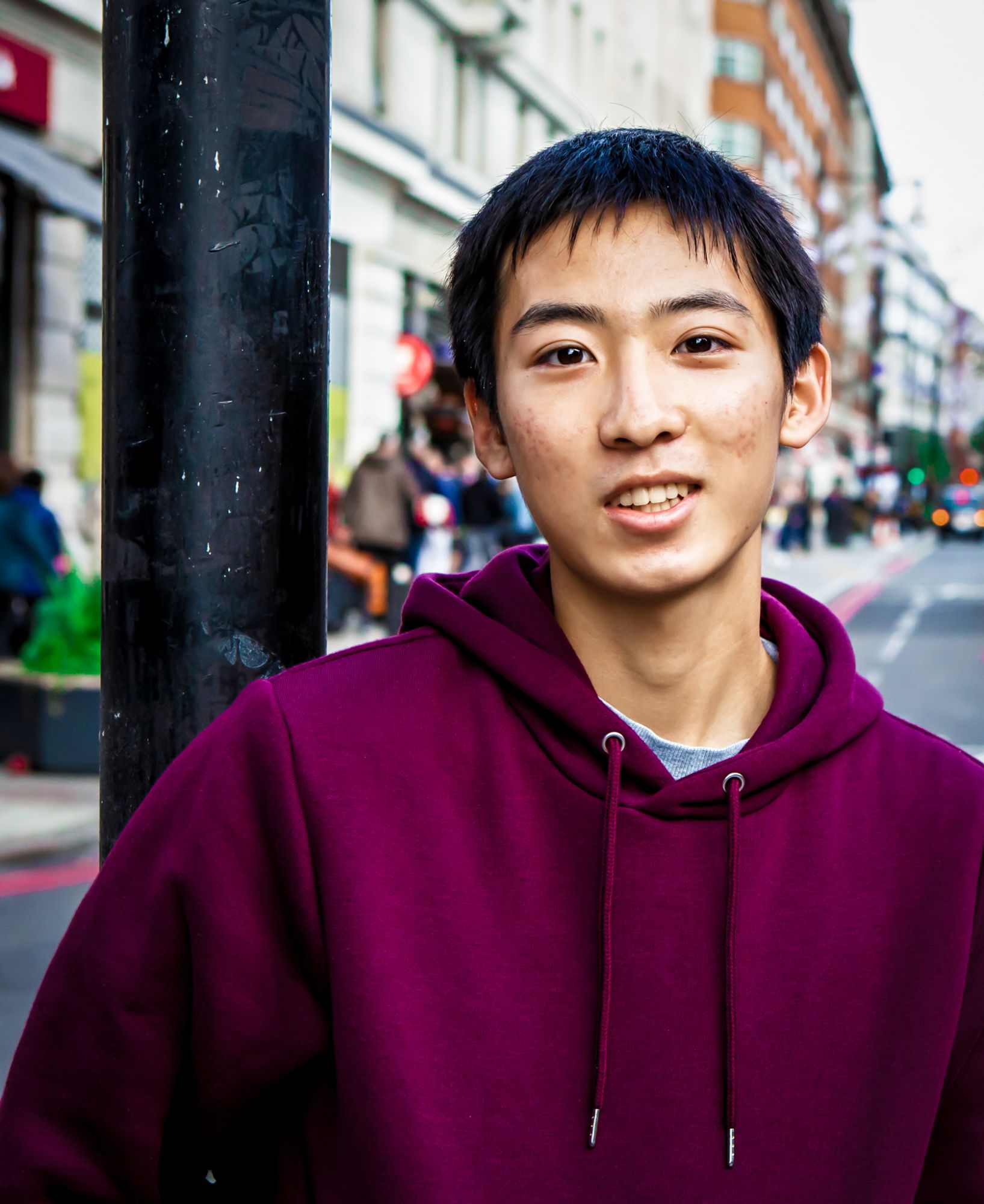
+

A Broad Curriculum Brought To Life

As an IB World School, Halcyon offers the International Baccalaureate Middle Years Programme (IB MYP) for Grades 6-10 (Ages 11-16). The Middle Years Programme is a coherent and comprehensive curriculum framework that provides academic challenge and develops the self-direction and life skills of students from the ages of 11 to 16. These years are a critical period in the development of young people.
Success in school is closely related to personal, social and emotional well-being. At a time when students are establishing their identity and building their self esteem, the MYP can motivate students and help them to achieve success in school and in life beyond the classroom. The programme allows students to build on their personal strengths and to embrace challenges; it also offers students opportunities to develop their potential, to explore their own learning preferences, to take appropriate risks, and to reflect on, and develop, a strong sense of personal identity.

As an International Baccalaureate (IB) World School, Halcyon offers the gold standard of academic qualifications, the International Baccalaureate Diploma Programme (IB DP) for Grades 11-12 (Ages 16-18). The IB Diploma Programme is a rigorous university-entrance qualification, established since 1968, to provide an international education that would enable young people to better understand and manage the complexities of our world, and to provide them with the skills and attitudes to take action to improve it.
The Diploma Programme provides a challenging, internationally focused, broad and balanced educational experience for students aged 16 to 19. Students are required to study six subjects – and critical thinking, research and service programmes – concurrently over two years. The programme is designed to equip students with the academic skills needed for university study, further education and their chosen profession. Additionally, the programme supports the development of the values and life skills needed to live a fulfilled and purposeful life. The final award – the IB Diploma – is accepted by universities around the world.
The broad curriculum is exceptionally well designed to support pupils’ academic achievement and personal development.
Teachers are highly expert in their subjects. They are skilled in the delivery of the International Baccalaureate curriculum. This helps pupils gain deep knowledge and understanding across all subjects.
Pupils actively seek additional knowledge. They practise and hone their skills, and they live up to the high expectations set by teachers.
Enrichment
Explorations are unique to Halcyon – two-hour periods on Wednesday afternoons for our Grade 6-10 students to explore a selection of 34 learning journeys ranging from Archaeology to Robotics to Horse-Riding.
Leading research-driven incorporation of digital technologies into teaching is just one of the ways in which our team creates innovative, effective and unique educational experiences.
Halcyon’s Personal Learning Programme for MYP students is intentionally targeted towards building research skills and self-driven learning for the Personal Project in Grade 10 and the Extended Essay in Grade 11.

“Academics at Halcyon is about learning through real-life experiences. When we studied the Doughnut Model in Economics, for example – a theory of distributive and regenerative economy – we separated into groups to form deals with each other and learn how compromises are made. My favourite exploration so far has been Natural History, where we go out to Hampstead Heath and Hyde Park and learn how to gain knowledge from real-life observation.”
“When I started at Halcyon, I was enrolled in the English Plus programme. What I liked about English plus is that I felt really welcome to express myself and my opinions alongside other students who were not yet completely fluent in English – I feel like this is really important to learning. Both the students and teachers help make Halcyon a great school. I would describe my fellow students as open-minded and friendly. Our teachers challenge us when we’re ready to be pushed, and they support us when we need help.”
Experience Halcyon at one of our Open Events.
Halcyon London International School | Ages 11-18 | International Baccalaureate | Co-educational
 Visit
Visit